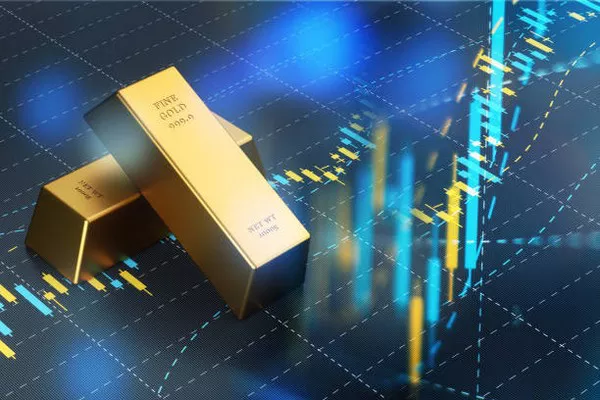Gold, often considered a safe-haven asset, has captivated investors for centuries due to its perceived stability and intrinsic value. However, determining the opportune moment to sell gold requires a nuanced understanding of various economic factors, market trends, and geopolitical events. In this article, we will delve into the current landscape to evaluate whether it is a favorable time to sell gold.
Market Dynamics
Gold prices are influenced by a multitude of factors, ranging from macroeconomic indicators to geopolitical tensions. Traditionally, gold has been viewed as a hedge against inflation, currency fluctuations, and economic uncertainty. When global markets face volatility or when there is a lack of confidence in traditional currencies, investors often flock to gold as a store of value.
One crucial factor affecting the gold market is interest rates. Central banks’ decisions regarding interest rates can significantly impact the opportunity cost of holding gold. When interest rates are low, the cost of holding gold is relatively cheaper, making it an attractive option for investors. Conversely, higher interest rates may divert funds away from gold, as alternative investments with interest-bearing returns become more appealing.
Inflation, another key factor, has a direct impact on the purchasing power of currencies. Historically, gold has served as a reliable hedge against inflation, as its value tends to rise when inflation erodes the real value of fiat currencies. Investors often turn to gold as a way to preserve their wealth during times of rising prices.
Current Economic Indicators
The global economy is navigating through a complex landscape. Several economies are recovering from the impacts of the COVID-19 pandemic, while others are facing challenges such as supply chain disruptions and rising inflation. Central banks around the world are adopting various monetary policies to stimulate economic growth and manage inflation.
The United States Federal Reserve, for instance, has indicated a shift in its stance on interest rates. The potential for interest rate hikes may have implications for the gold market, as higher rates could lead to increased opportunity costs for holding non-interest-bearing assets like gold. Investors keen on selling gold should closely monitor central banks’ announcements and their impact on interest rates.
Geopolitical Tensions
Gold is also influenced by geopolitical events, as it is perceived as a safe haven in times of uncertainty. Geopolitical tensions, trade disputes, and geopolitical crises can drive investors to seek refuge in gold, driving up its prices. Recent geopolitical developments, such as conflicts in certain regions or diplomatic standoffs, may contribute to an environment where gold becomes more appealing to investors as a risk-averse asset.
Technological Advancements and Industrial Demand
Apart from its role as a financial asset, gold is also an important component in various industries. The demand for gold in technology, particularly in electronics and medical applications, plays a role in determining its market value. Innovations in technology that reduce the need for gold in industrial processes may have an impact on the overall demand and, consequently, the price of gold.
Furthermore, changes in consumer behavior and preferences can influence the demand for gold in jewelry, another significant sector. Keeping abreast of technological advancements and shifts in consumer preferences is crucial for investors assessing whether it is an opportune time to sell gold.
See Also: Is It Smart To Buy Gold?A Comprehensive Analysis
Conclusion
Determining whether it is a good time to sell gold requires a comprehensive analysis of the current economic landscape, market dynamics, and geopolitical events. While gold has historically been a reliable store of value and a hedge against uncertainty, market conditions are ever-evolving.
Investors should closely monitor central bank policies, interest rates, inflationary pressures, and geopolitical developments to make informed decisions about their gold holdings. Additionally, staying informed about technological advancements and changes in industrial and consumer demand for gold provides a more holistic understanding of the factors influencing its price.
Ultimately, the decision to sell gold should be based on a careful consideration of the broader economic context and individual investment goals. As with any investment, it is advisable to consult with financial professionals to ensure that decisions align with one’s risk tolerance, financial objectives, and the prevailing market conditions.


